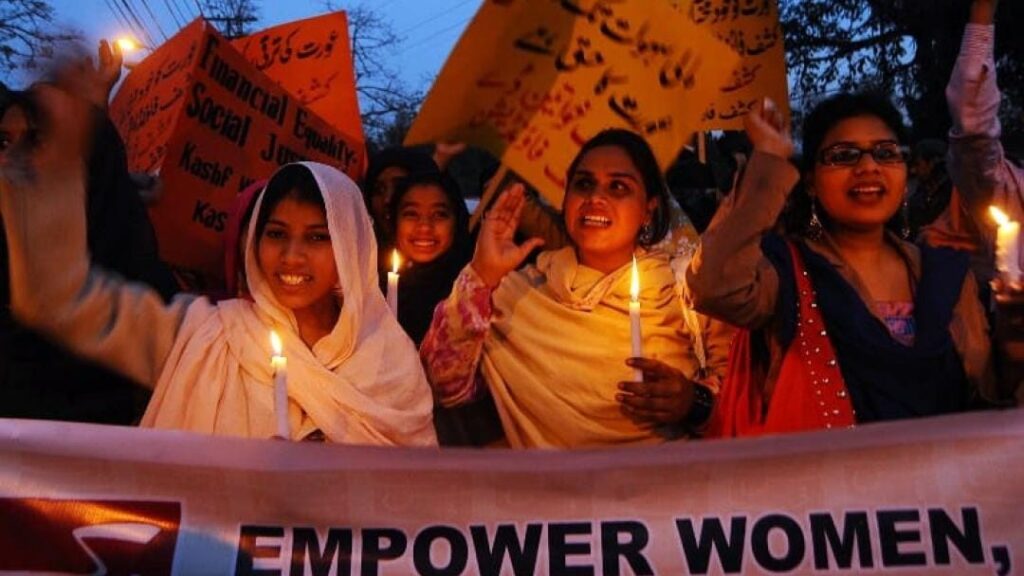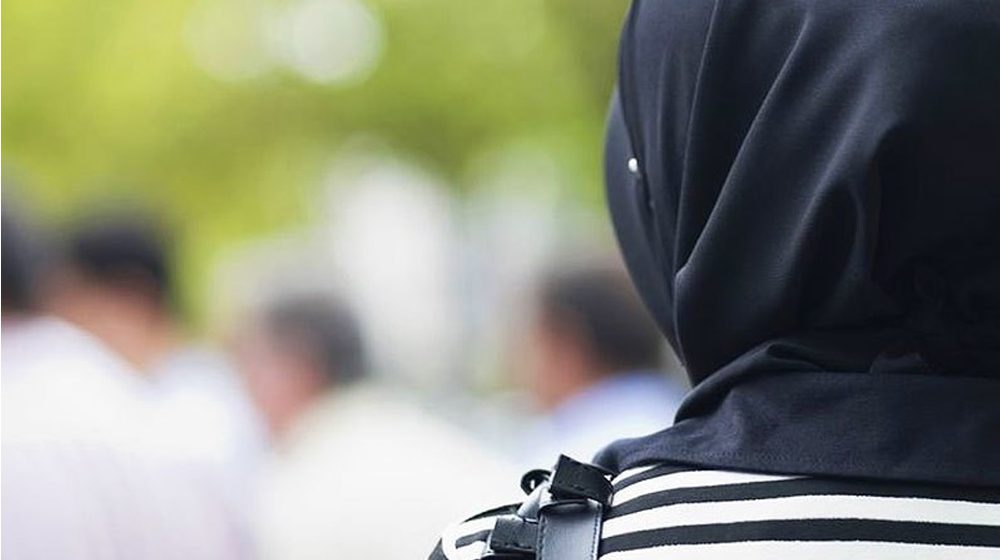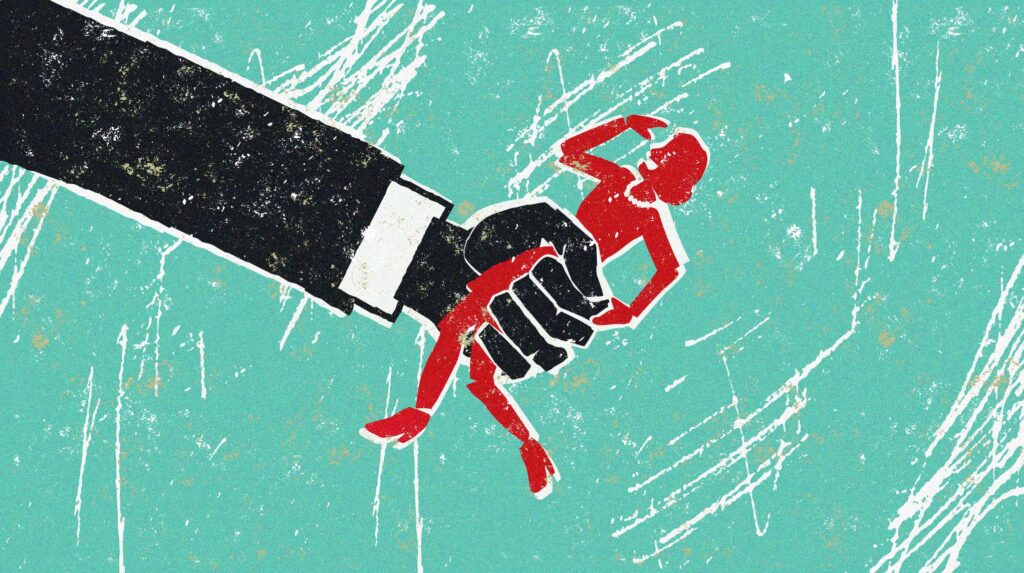In Pakistan, many women are deprived of their basic rights. They are domestically abused, killed in name of honor, and were not being given the equal rights and were the subject of harassment in their workplaces. This led to women bursting out of their homes and offices to fight for their rights.
Recently, an event is known as “Aurat March” took the internet and social media by storm. Hundreds and thousands of women came out for their rights and what better day to do it than International Women’s Day. On 8 March, women claimed the public spaces in all major cities and demanded their basic yet rightful rights. The basic idea behind this Aurat March was to spread awareness about gender equality. Many women, men and trans genders belonging from different backgrounds came forward to advocate these issues.
Social media users admired the placards and the meanings behind those. However, some of the placards needed unpacking as they caused a backlash and ruined the positive image of this initiative because they had pretty bold and vulgar statements. Some of those placards even went against the basic etiquettes. In this article, we are going to share the 35 demands that portrayed the actual meaning of Aurat March.
Aurat March Manifesto:
Here come the manifesto and objectives of this women March in Pakistan.
Economic Justice
1. We demand that the labor of all women and gender and sexual minorities be recognized and accorded dignity, and be given the right to earn a living wage and freed from economic, capitalist exploitation.
2. We ask for legal protections for women working in informal industries, home-based work and the agricultural sector that are often the sites of labor exploitation as well as sites of harassment or violence;
3. We agitate for the implementation of Protection Against Harassment of Women at the Workplace Act 2010 at all workplaces to ensure a safe working environment for women and all gender and sexual minorities;
4. We demand that women’s contribution to the care economy through home-making and caring for their families be recognized as unpaid labor that is equal to other types of work;
5. We demand safe working conditions for women in workplaces, including informal industries, and the provision of maternity leave and day care centers to ensure that women are able to participate in the workforce.
Environmental Justice
6. We demand our right to climate justice be protected and enforced and our right to climate resilience be respected;
7. We demand access to safe drinking water as part of the fundamental right to life;
8. We demand emergency measures to be taken to ensure safe and clean air;
9. We call for the protection of animals as an integral part of both our natural and urban environments. We ask urban and rural local governments to cease the culling of stray animals;
10. We demand immediate steps be taken to ensure and protect our food sovereignty and the recognition of women’s participation in the production of food and cash crops.
Accountability and Restorative Justice against Violence.
11. We demand an immediate and total end to gender-based violence against women, all genders and sexual minorities, both in offline and online spaces;
12. We call for an end to, and accountability for, violence by the state in the form of police brutality, especially on the bodies of women and transgender persons.
13. We agitate for reform of defamation laws and procedural laws to ensure that victims and survivors of sexual violence and harassment are not silenced or intimidated.
14. We demand meaningful access to the legal and justice system, including the courts and the police, through radical reforms to ensure that women, transgender persons and gender/sexual minorities can seek justice.
15. We agitate for the implementation of anti-harassment laws and policies in places of work and educational institutes to ensure that schools and universities are safe spaces for all.
16. It is our demand that the law be applied equally to the Federally Administered Tribal Areas (FATA), Baluchistan and Gilgit-Baltistan, particularly where women and vulnerable populations face serious challenges in accessing justice.
Police brutality
17. We stand in solidarity with victims of police brutality. Incidents like the Sahiwal massacre are proof of growing lawlessness perpetrated by those who are supposed to protect people’s lives. The continuity and recurrence of such incidents prove that law enforcement agencies do not provide safety to citizens. We stand by the families of Naqeebullah Mehsud and the victims of the Sahiwal massacre and demand an impartial judicial inquiry of the Sahiwal incident.
18. We assert that police reforms be put into action specifically focusing on disarming the police and ensuring greater accountability for abuse of power.
Enforced Disappearances
19. We proclaim that enforced disappearances are one of the gravest human rights violations in the land. We demand that the state put a stop to such practices, and those who have been disappeared be brought before civilian courts and granted their right to due process.
20. While we recognize that women may also be enforceable disappeared, it is men who primarily suffer at the hands of this brutal practice. We also believe that there is an enduring impact of enforced disappearances on women, which is not adequately addressed by governments and societies. Women—as the wives, mothers, sisters, and daughters of the disappeared—play particular roles and experience exacerbated hardships and suffer psychological harm after a disappearance.
Inclusion
21. We demand equal access to public spaces for differently-abled persons/persons with disabilities by making buildings disability-friendly;
22. We demand equal recognition and accommodation for less visible disabilities, such as chronic and mental illnesses that fall disproportionately on women;
23. We demand anti-discriminatory measures to ensure that transgender persons have equal access to public spaces, public resources, healthcare, work and protection under the law;
24. In principle we do not believe that university students should have hostel timings as they are adults, however, if hostel timings are to be implemented, then they should be done regardless of gender.
Reproductive Justice
25. We demand the right to autonomy and decision-making over our bodies—we do not require permission from the state or families;
26. We petition the government to amend the Child Marriage Restraint Act 1929 so that the minimum age is raised from 16 to 18.
27. We agitate for equal access to quality reproductive and sexual health services for women, all genders and sexual minorities.
Access to Public Spaces
28. We assert the right to access to the city and public spaces and ask that steps be taken to ensure that public spaces are an inclusive and safe space for women. By marching in the streets we hope to affirm this right.
29. We demand affordable, safe and gender-inclusive public transport and clean public toilets.
30. The moral-policing of women be discouraged and recognized as an impediment to equal access to public spaces and the development of self.
Rights of Religious Minorities
31. We demand reform of personal laws of religious minorities by eliminating discriminatory provisions. The virtual absence of laws deprives minority communities to seek legal protection in their matrimonial matters, placing women at a disadvantaged situation;
32. We demand an amendment to the Christian Divorce Act 1869 that allows adultery as a ground for divorce as it violates and damages the dignity of Christians, especially Christian women, due to the social and cultural implications ascribed to the accusations of adultery. Furthermore, we demand the formulation of rules of business for the Punjab Anand Karaj Act 2017 for Sikh Community and the Hindu Marriage Act 2017.
Anti-war
33. We believe that war is a business. In the end, no one wins except corporations and fascist ideologues. Wars militaries our everyday lives, create fear and fill the public with hatred. Until militarism is seen for what it is—a mechanism that further solidifies toxic masculinity and perpetuates violence—we will never be able to achieve peace.
34. We assert that the ongoing conflict between Pakistan and India over Kashmir has deliberately been created and sustained by power-holders in both countries in order to further their own interests. In all of this, the voices of Kashmiri people, and especially Kashmiri women are never heard. We stand by the people of Kashmir in their struggle for self-determination and human rights and we condemn the violence of state and non-state actors in this region.
35. As feminists, we denounce policies of mass destruction, militarization, and warmongering. It is not enough to hope that this business of war will resolve itself – we, as feminists resolve to actively fight against it.
Muhammad Usman Awan is a Blogger and Social Entrepreneur who founded first Anti Harassment Awareness Campaign “Stop Harassment Now”. The Purpose of this campaign is to empower and educate our Girls and Working Women against Harassment.




